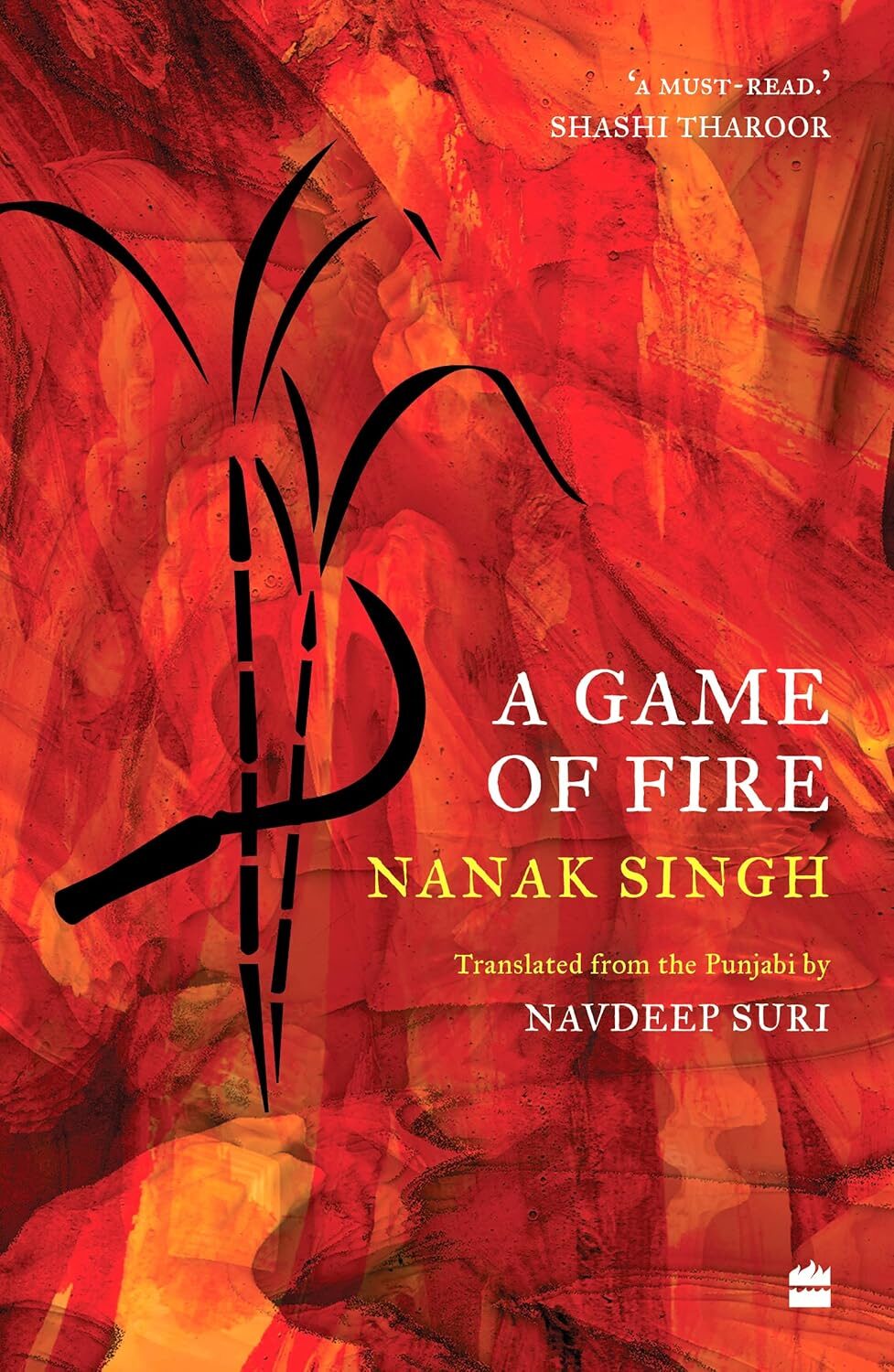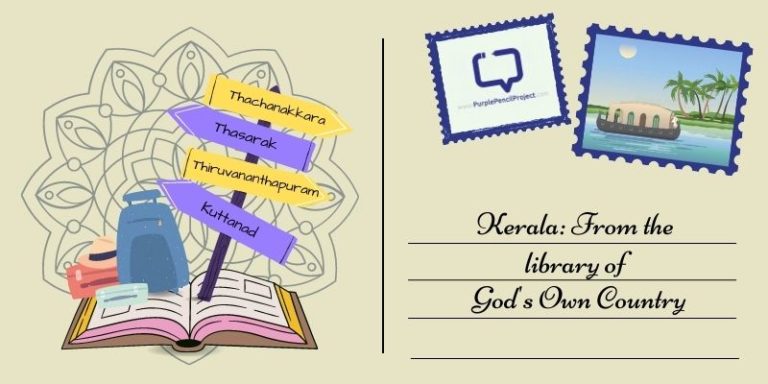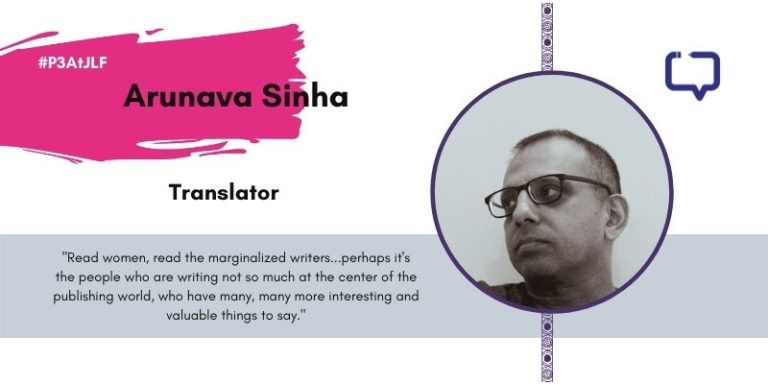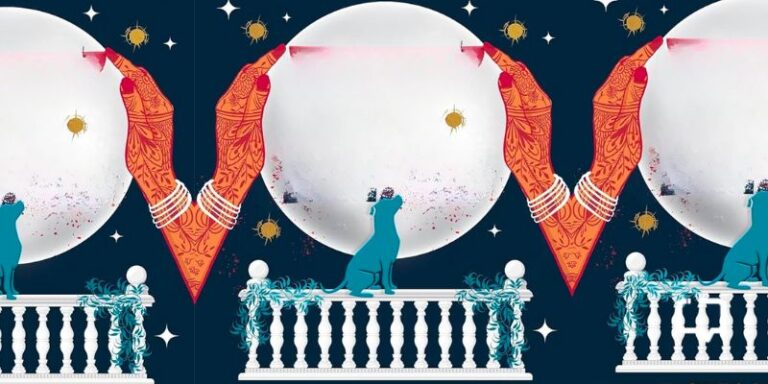Jainand Gurjar reviews A Game of Fire by Nanak Singh, translated from Punjabi by Navdeep Suri (published by HarperCollins India, 2024).
A Game of Fire by Nanak Singh, translated by Navdeep Suri, is a sequel to Hymns In Blood. It advances the story of Hymns In Blood and introduces the reader to the wave of communalism that spread during partition.
Set in 1947, the year of partition in Amritsar, A Game of Fire introduces us to a new character: Satnam Singh, the leader of the Unity Council. He is trying to keep the communities together and keep the flame of humanity alive, but when the wind of hatred becomes a hurricane, he finds it difficult to sustain his thoughts.
Tormented by his own beliefs and the situation around him, he meets Krishna and her Babaji at Guru Ram Das Serai near the Golden Temple, where they have taken a temporary refuge. What will happen when Satnam invites them to his home for a temporary residence? What will happen to a city that is currently perceived as a symbol of serenity that experienced “Agg di Khed” (A Game Of Fire) before? Read the book to find out.
Doubts About a Sequel: Is It Necessary?
After reading Hymns In Blood and the ending it provided, I wasn’t ready for a sequel, even after knowing that it already existed. There was a moment when I was sceptical about A Game of Fire and even questioned its existence and asked, “Does it even require a sequel?”. Certainly, after a portrayal of the partition that Hymns in Blood did and how well it did, one would like to ask the author as a reader how he can evoke more agony, anger, helplessness, and even after everything- hope, after everything that happened in Hymns. But only after reading the sequel one can understand the need for it, which initially felt like it came out of nowhere!

Throughout history, we rarely come across female personalities and leaders, and their roles and involvement are very much restricted or, even worse, neglected and looked over and discussed only in the context of violence and harassment. Nanak Singh very carefully breaks this narrative through the characters of Krishna and Satnam’s mother, Kesar Kaur.
The character development and their journey throughout the story stand out very well and easily make the readers feel connected with them. From the connection of Krishna with Munni, her identity as Naseem apart from Krishna, her unwavering faith in humanity to her role as the peacemaker and her dynamics with Satnam Singh, there are so many layers in her character and, at the same time, tranquillity like still water, even after the storm within and outside of the purview!
Recommended Reading: Revisiting 1984 with Two and a Half Rivers by Anirudh Kala
The Fall of Beliefs: A Turning Point in the Story
There’s always one moment in our life that shapes us – either it makes us or breaks us. A moment that we all remember as our turning point, from where we changed as a people and started thinking about our surroundings and life differently, something that changes the philosophy of our life. A moment that does not change our life but changes the way we see our life.
There is one particular incident in A Game of Fire that serves the same moment for Satnam, one that generated emotional turmoil and mental agony to Satnam’s dismantling belief in the concept of Harmony – to the leader who himself ‘preached’ everyone about it through the Unity Council and beyond it – where he sees the brutality of communal violence from his own eyes without thinking about any of the past or future in its most innocent form, leaving aside any political narrative, second-hand experiences, other voices and rationale, where he sees a man from another community struggling to survive not for himself but for his loved ones, for his children, for the joy that toys and sweets bring to the children.

One can understand the dilemma of the peacemakers and peacekeepers of that time from this line from the book and how it feels to become the victim of the same problems of whom you are expected to be the lifesaver:
There are times, they say, when a mere straw is enough to save a drowning man. But what is the fate of the man who himself is a straw caught in a whirlpool, condemned to keep swirling within its waters, neither drowning nor able to swim to safety. Doesn’t he wish that if he can’t escape the whirlpool, he should be allowed to sink into its abyss, that he might escape this netherworld where he was caught between life and death?
– Nanak Singh, A Game of Fire
Personally, it is one of the most disturbing incidents I have ever read, which has come up in my dreams and haunted me with the imagination of the extent of cruelty one might have witnessed. The helplessness experienced sends shivers whenever I think about it.
One can only imagine what it might be like to witness it in real life, as the author says in the Foreword, “My fervent appeal to my readers is that they see this book as a historical narrative and not as a work of fiction.“, going a step ahead from Hymns In Blood towards the reality, where again in the forward he mentioned, “I would accordingly request that my readers neither place this book in the fiction category nor see it as a historical text. They could, perhaps, see it as a novel based on historical events, a story that flows naturally between the two banks of imagination in reality.“, leaving aside any ambiguity among the readers.
Reflections on Partition’s Haunting Legacy
The burden of reality is reflected very significantly in the writing. On the one hand, India is celebrating its 78th Independence Day this year, and it questions the outcomes of independence and what we got from it.
Recommended Reading: The Greatest Punjabi Stories – A Review
Whereas, in one instance, Nanak Singh writes, absorbing the first-hand experience of independence while incorporating the titles of the books and their significance:
How did the jubilant songs of independence sound to those whose ears were still ringing with the haunting cries of thousands of innocent victims, whose eardrums had become accustomed to the loud reports of gunshots and the deafening boom of exploding bombs? For them, the joyful tunes were like hymns in blood, the celebrations were like a game of fire.
– Nanak Singh, A Game of Fire
Favourite Quotes from A Game of Fire by Nanak Singh
Who in this world is free of flaws. The only difference, Mr Shafi, is that the flaws of some get publicized while others can keep them hidden. The one who keeps them hidden is seen as pure and the one who has been exposed is called flawed. So if you think I am some kind of an angel, you are clearly mistaken.
Pain of any kind tends to be distressing but try to imagine a pain that has no remedy, one that you can’t speak about to a single soul, you can’t even wince when it punches you in the gut, let alone cry out loud or shed a tear. How do you bear a pain like that?
Conclusion
It is essential to read Hymns in Blood before A Game of Fire because, apart from the fact that it’s a continuation story, there are multiple important plots and incidents that one might not feel for if they directly go with the latter. Navdeep Suri’s translation magnificently captures Nanak Singh’s core emotions, and it is so lucid that one might forget that it is a translation.
And at a time when one can see the rise of communalism and extremist sentiments very high around them, A Game of Fire and its story find their relevance again, sadly. Thus it becomes a lot more impactful and important story that needs not only to be read but felt.
Have you read this harrowing yet hopeful tale of humanity amidst the chaos of partition? Share your thoughts with us in the comments below!






















